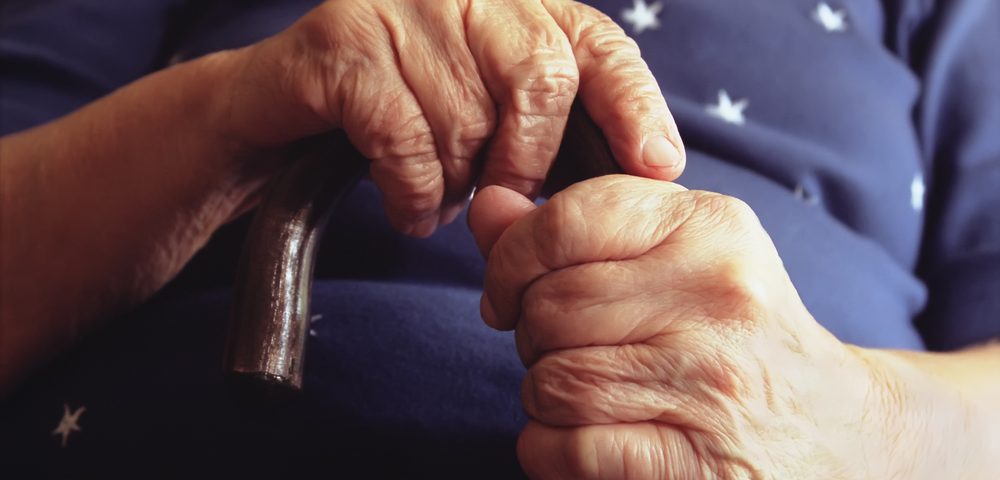Patients with rheumatoid arthritis (RA) and inadequate responses to biological disease-modifying antirheumatic drugs (bDMARDs) show a positive response to treatment with baricitinib (LY3009104), with the therapy improving several patient-reported outcomes, including pain and fatigue, in a clinical trial.
The study “Patient-reported outcomes from a randomised phase III study of baricitinib in patients with rheumatoid arthritis and an inadequate response to biological agents (RA-BEACON)” was published in the journal Annals of Rheumatic Diseases.
The team of researchers investigated the effects of baricitinib on patient-reported outcomes in patients with moderate-to-severe active RA. Baricitinib is a highly selective inhibitor of a cellular pathway (the Janus kinase, JAK1/JAK2) shown to play a role in the development of RA.
To this end, researchers performed a double-blind phase III study, the RA-BEACON (NCT01721044) trial, where patients were randomly assigned to receive either a placebo (control group), or baricitinib 2 or 4 mg once a day, for 24 weeks.
Patient-reported outcomes included the Short Form-36, EuroQol 5-D, Functional Assessment of Chronic Illness Therapy-Fatigue (FACIT-F), Health Assessment Questionnaire-Disability Index (HAQ-DI), Patient’s Global Assessment of Disease Activity (PtGA), patient’s assessment of pain, duration of morning joint stiffness (MJS), and Work Productivity and Activity Impairment Questionnaire-Rheumatoid Arthritis.
In total, the study included 527 RA patients; of these, 176 patients received a placebo, 174 baricitinib 2 mg, and 177 baricitinib 4 mg.
The team observed that both groups of baricitinib-treated groups (2 mg and 4 mg) showed statistically significant improvements when compared to placebo controls in the majority of the assessed patient-reported outcomes. However, researchers noted that in patients treated with the highest dose (4 mg) the improvements were in general more rapid and of greater magnitude, relative to patients treated with baricitinib 2 mg.
At the end of the trial (week 24), there was a higher number of baricitinib-treated patients reporting normal physical functioning, reduced fatigue, improvements in PtGA and pain, and reductions in duration of MJS relative to placebo controls.
In conclusion, the results showed that 24 weeks of baricitinib therapy significantly improved several patient-reported outcomes, compared with RA patients treated with a placebo control.
James McGill, MD, distinguished medical fellow and global brand development leader at Lilly Bio-Medicines, commented on the results in a press release, “We are excited to share that data from the phase 3 RA-BEACON study demonstrated baricitinib’s ability to significantly improve patient-reported outcomes, such as health-related quality of life, fatigue, pain and duration of morning joint stiffness, compared with placebo,” he said.
“These positive results reinforce baricitinib’s potential to address an unmet need for patients with rheumatoid arthritis whose previous treatment with biologics failed,” McGill concluded. “RA-BEACON is one of four Phase 3 trials which support the continued development of oral once-daily baricitinib for the treatment of moderate-to-severe rheumatoid arthritis.”


